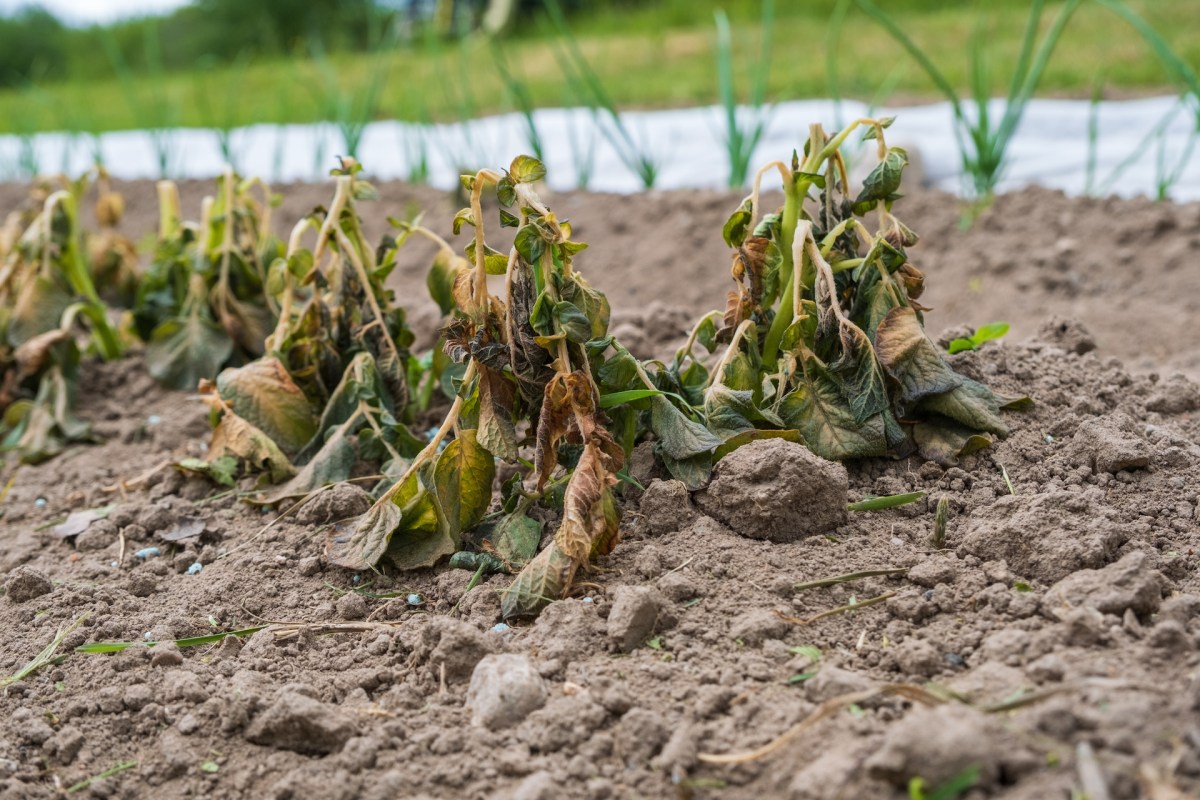After a disappointing harvest, a troubled gardener turned to Reddit for advice.
"I started gardening for the first time this year. I transplanted seedlings early in the season, but nearly universally my seedlings were very slow to grow, grew at very inconsistent rates, and haven't produced until very late in the season," wrote the Redditor.
Then they asked: "Aside from overwatering, what other mistakes might I have made that could have caused this? Does this sound typical of too much water and insufficient nutrients?"

In the image attached to the post, the Redditor's garden is surrounded by mesh wire and wood, complete with a door to enter the garden. Inside, sections of the garden are surrounded by wood, but the plants themselves are shown to be growing close together.
Seasoned gardeners discussed different factors limiting the crop yield and suggested possible solutions for a successful harvest.
"It's hard to tell but it looks like you have a lot of plants in not a lot of space. They could be outcompeting each other and none of them are getting enough nutrients or have enough space for roots to grow," responded one user.
"Made this mistake in my first year, too. Compost needs time to break down into the soil and for the microbes to mingle and multiply… we're talking at least a season," wrote another Redditor.
Other commenters offered suggestions about how to remedy the problem going forward to ensure the plants have enough room to get the nutrients they need and grow to their full potential.
"Make some notes of what performed well and not so well now, and start planning your spring garden accordingly," commented one user.
By adding native plants to your garden, you not only support the growth of your garden but also promote the local ecosystem. Native plants attract key pollinators, such as bees and butterflies, which protect our food supply.
Growing native plants is also a great way to conserve water and reduce your total water bill. Each year, you can save $275 on water, $50 on fertilizer, and $50 on pesticides and weed control when you switch to a native-plant lawn.
Learning how to garden and successfully grow your own produce saves you money on groceries and reduces the demand for globally shipped, mass-produced food. If you are able to grow 300 pounds of produce a year, that will save about 50 pounds of carbon pollution from the air annually.
Redditors continued to offer additional tips for the gardener to consider.
"Gardening involves a lot of failure," commented another gardener. "It's because there are just so many variables: light, weather, soil, amendments, varietals, etc. Give yourself some grace and keep trying."
Join our free newsletter for easy tips to save more, waste less, and help yourself while helping the planet.









